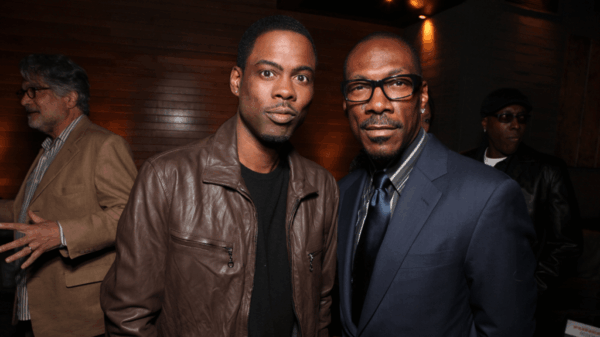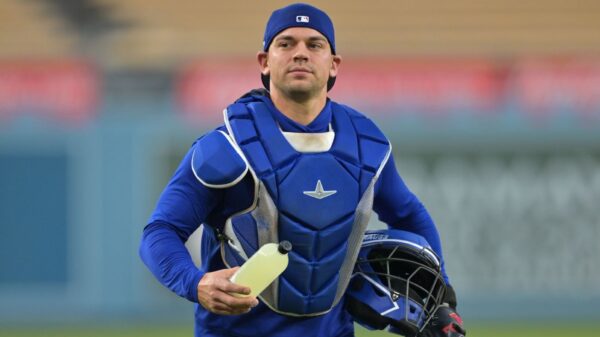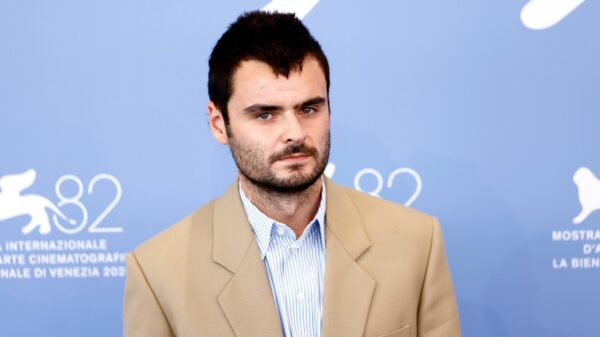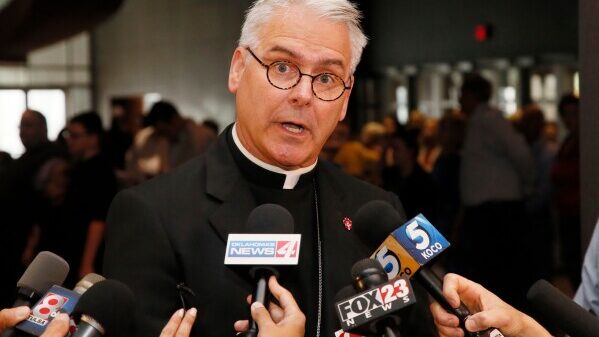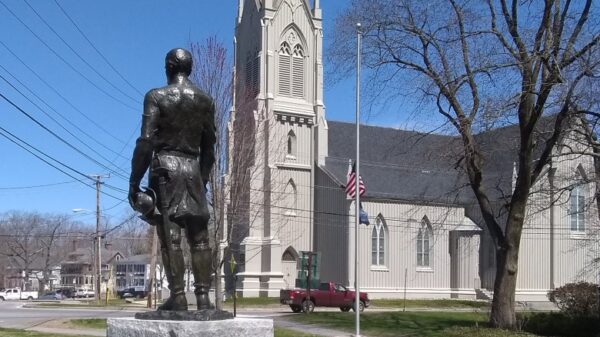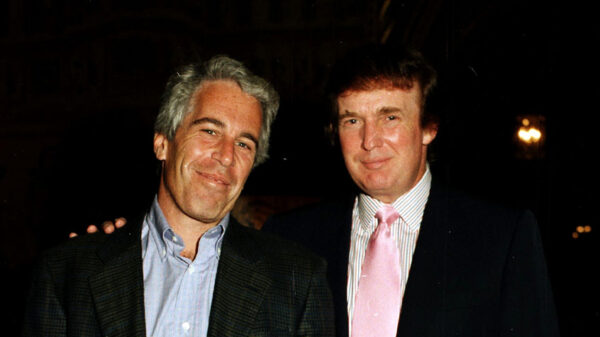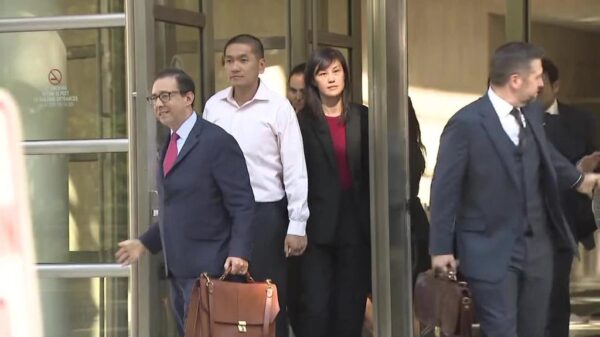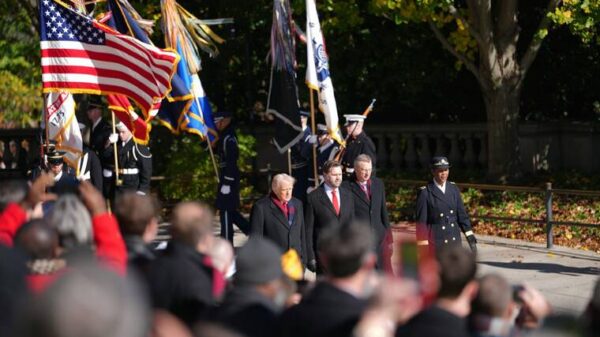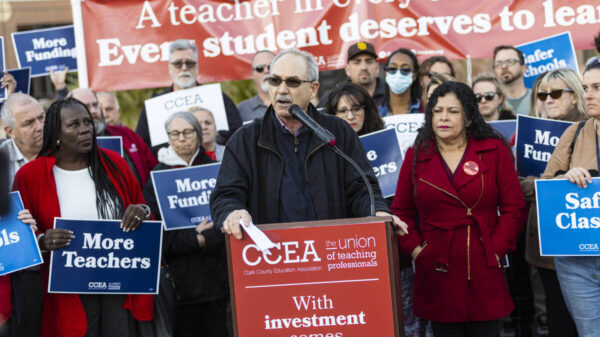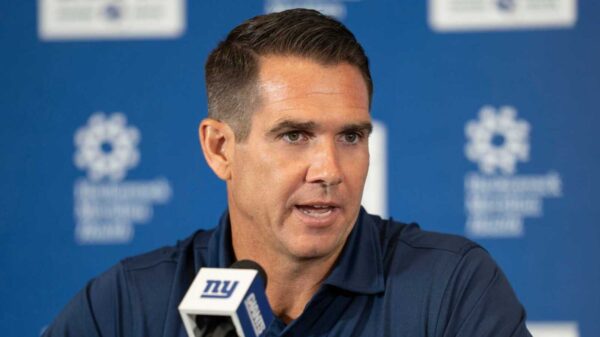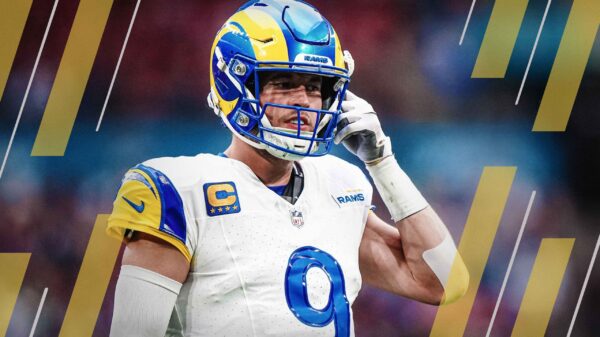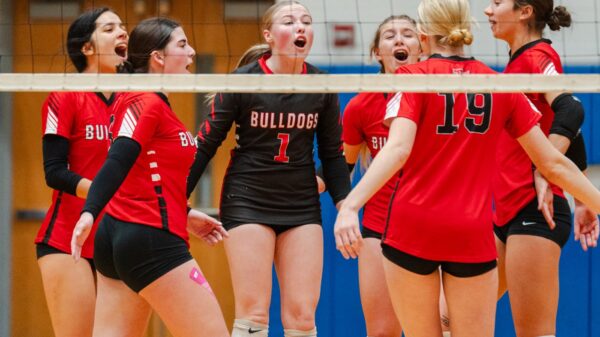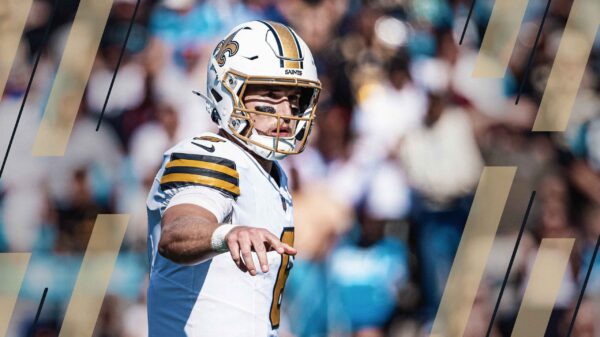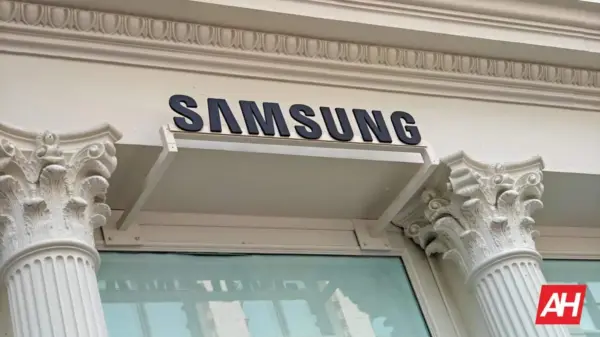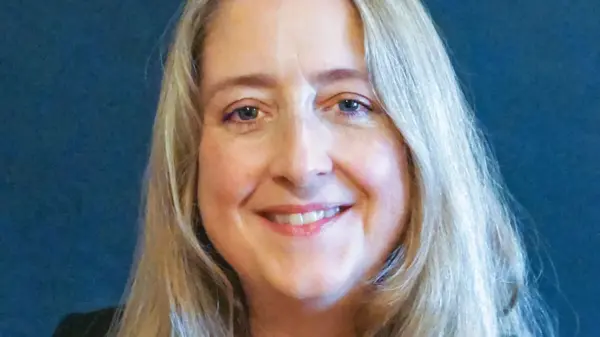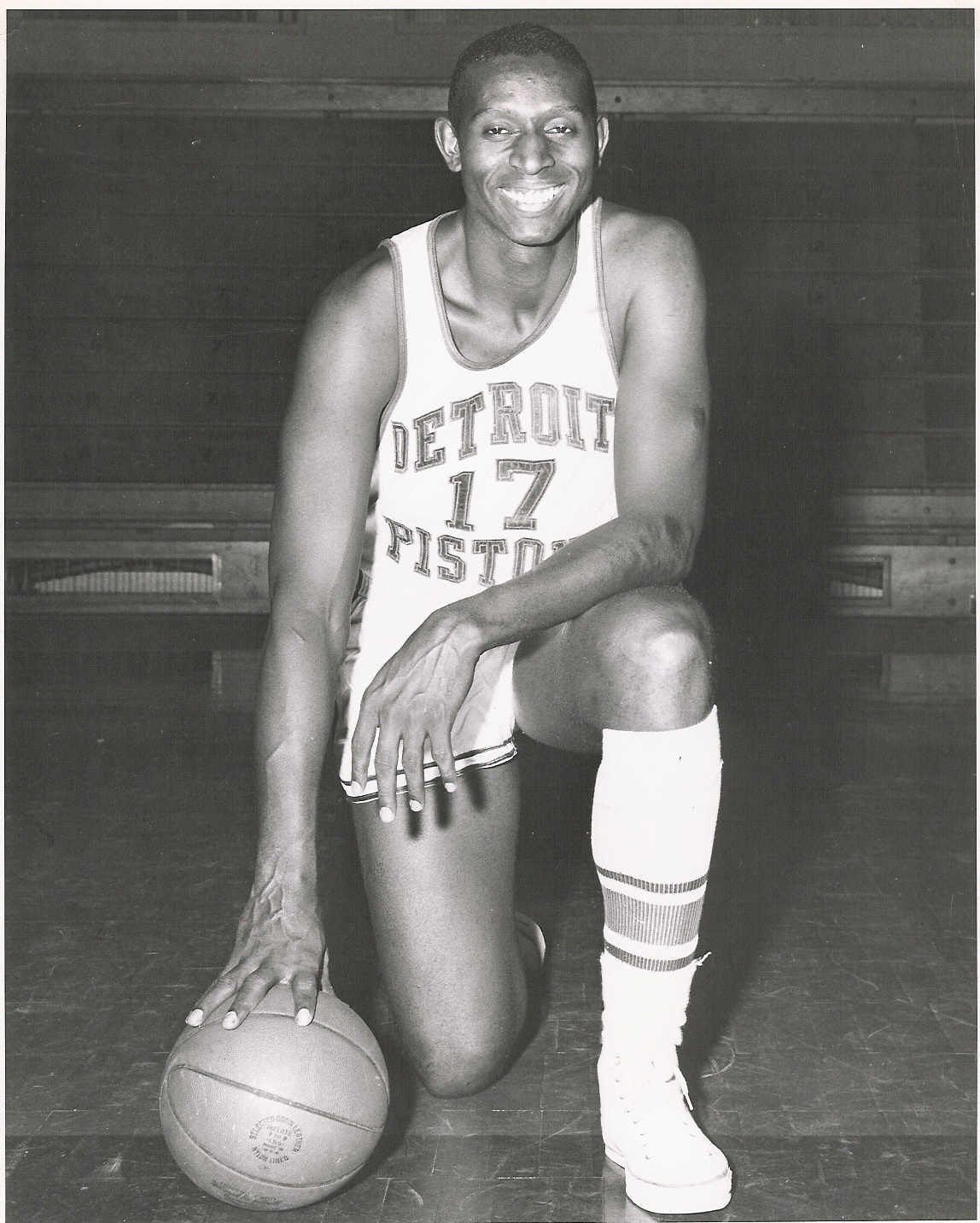Earl Francis Lloyd made history on October 31, 1950, becoming the first Black player to appear in an NBA game. Wearing a Washington Capitols uniform, Lloyd stepped onto the court at Edgerton Park Sports Arena, marking a significant milestone in basketball history. Despite the Capitols losing to the Rochester Royals 78-70, Lloyd’s performance was notable; he secured 10 rebounds, scored six points, and delivered five assists. This moment, witnessed by 2,184 fans, contributed to the integration of the league, as Lloyd joined fellow players Chuck Cooper and Nat “Sweetwater” Clifton in breaking racial barriers during that season.
Lloyd’s rookie season was short-lived, lasting only seven games. As reported by the Associated Press on November 7, 1950, he received a draft order to report for military service on November 16, 1950. He subsequently served in the U.S. Army during the Korean War, a commitment he undertook with pride, but his contributions to basketball were far from over.
After his military service, Lloyd returned to the NBA, where he became a vital figure for the Detroit Pistons. His leadership extended beyond his playing days, as he took on roles as a scout, assistant coach, and head coach from the late 1950s through the early 1970s. Ray Scott, a former Pistons player and coach, described Lloyd as “a refined, dignified and intelligent man” who set a high standard in every role he occupied.
Scott recalled how Lloyd’s influence shaped the Pistons’ culture. “Earl Lloyd was the first Black man to sit on an NBA bench in a suit and tie in a leadership role,” Scott noted. He highlighted Lloyd’s groundbreaking achievements, which included being the first Black assistant coach and head coach not currently playing in the league. Additionally, Lloyd was a member of the 1955 NBA championship team with the Syracuse Nationals, making him the first Black player to achieve this honor.
The legacy of Earl Lloyd extends into modern times. On October 2, 2023, the NBA and the National Basketball Players Association announced plans to commemorate Lloyd, Cooper, and Clifton throughout the 2025-26 season, marking the 75th anniversary of their pioneering contributions.
Scott reflected on Lloyd’s vision for the Pistons during his scouting years, suggesting that had the franchise followed Lloyd’s recommendations, they might have secured championships earlier. “Earl Lloyd wanted the Pistons to draft Willis Reed out of Grambling State University and Earl Monroe from Winston-Salem State University,” Scott explained. Both players went on to become Hall of Famers and crucial members of championship teams with the New York Knicks.
Lloyd’s insights were invaluable during a time when many teams were skeptical of talent from Historically Black Colleges and Universities (HBCUs). Despite this skepticism, Lloyd’s success as a player—drafted as the 100th overall pick in 1950—demonstrated the potential of players from these institutions. His advocacy for HBCU talent was a significant part of his legacy, paving the way for future stars.
Scott noted that if Lloyd’s recommendations had been acted upon, the Pistons could have fielded a lineup featuring four future Hall of Famers, including Reed and Monroe alongside Pistons legends Dave Bing and Dave DeBusschere. “That potential lineup could have been one of the greatest in history,” he said, comparing it to a big band performing nightly at Cobo Arena, instead of an ordinary ensemble.
Lloyd’s impact is felt beyond the basketball court. He mentored many players and coaches, including Scott, who succeeded Lloyd as the Pistons’ head coach during the 1972-73 season. Under Scott’s leadership, the Pistons achieved a 52-30 record and he became the first Black NBA Coach of the Year in 1974.
Reflecting on Lloyd’s influence, Scott remarked, “Earl Lloyd brought me through the progressions of life, showing me how to be a good player, coach, businessman, and, most importantly, a good person.” He added that Lloyd’s warmth and guidance extended to many, including former players who experienced his mentorship during a time when racial integration in sports was still evolving.
Earl Lloyd’s legacy as a player, coach, and military veteran endures, representing not only his personal achievements but also the broader impact of his contributions to basketball and society. His journey is a testament to the power of perseverance and leadership, and his story will continue to inspire future generations.


